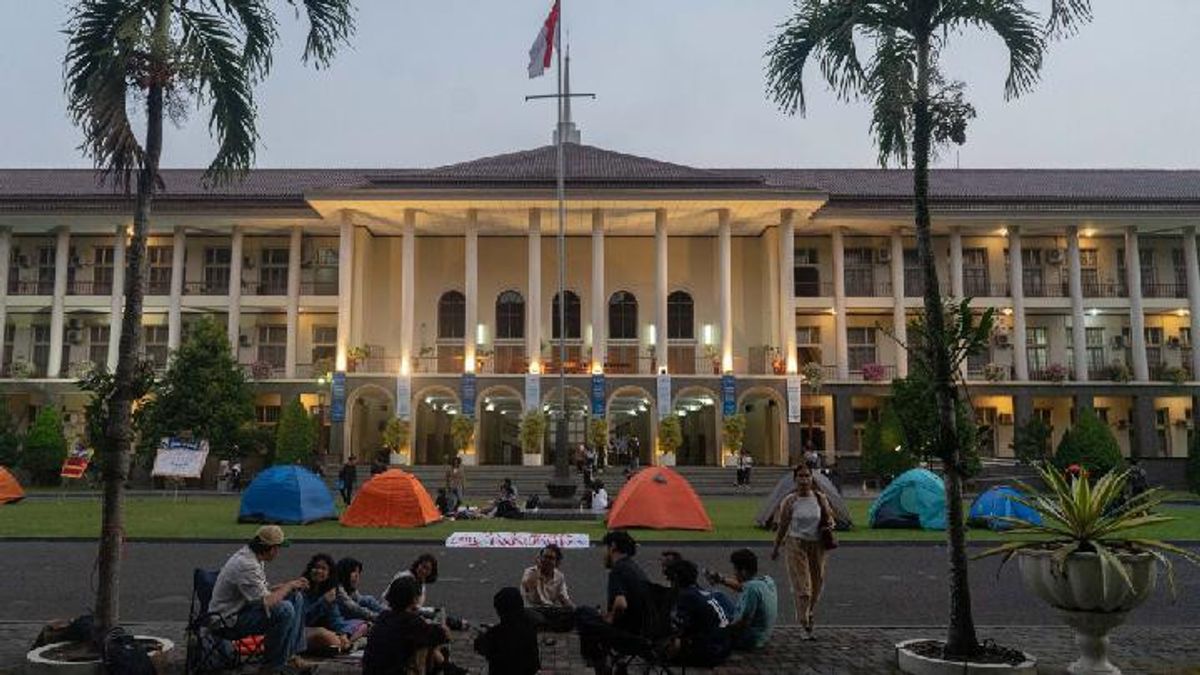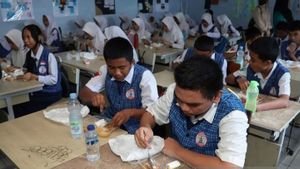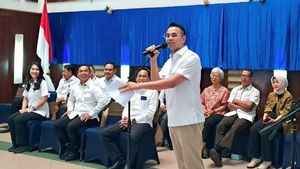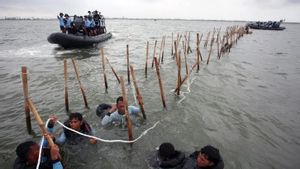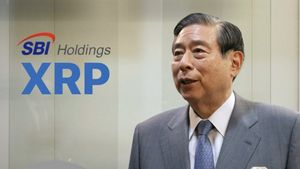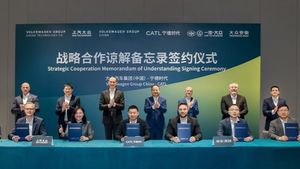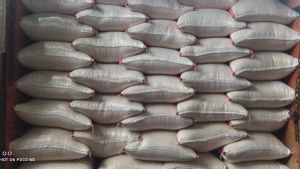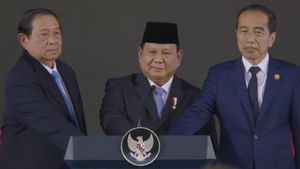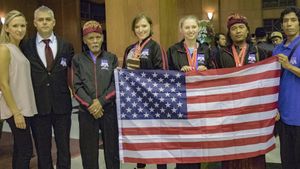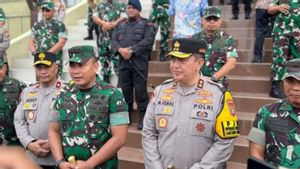JAKARTA The revision of the Mineral and Coal Laws (UU Minerba) which was passed by the DPR on Thursday (23/1/2025) is in the spotlight. One of the contents of the law allows universities to manage mines.
In the meeting for the preparation of the Minerba Bill, Article 51A regulates the provision of governance for mining business permits (WIUP) to universities. The award can be done in a priority way, and will be given to universities with a minimum accreditation B.
By granting mining business permits (IUP), universities will have the right to manage their own mines, such as permits granted to religious community organizations (ormas) by 2024.
Deputy Speaker of the House of Representatives, Sufmi Dasco Ahmad, claimed that the granting of mining permits to universities was to help the funding process for students and lecturers in the administrative process and learning so that they could help reduce tuition fees.
"I think that the spirit is how to then provide or find funds for universities. The work mechanism and others will be arranged later," said Dasco at a plenary meeting of the DPR RI, Thursday (23/1/2025).
The university's plan to manage mines received mixed responses from a number of campuses. Gadjah Mada University (UGM) confirmed that it had not received any information on the proposed mining management rights and had not discussed them.
UGM Secretary Andi Sandi said that his party had not issued any official statement regarding the plan to manage mines by universities.
Di sisi lain, Rektor Universitas Airlangga (Unair) Mohammad Nasih menyambut baik wacana ini. Tapi ia menyadari, bisnis tambang bukan hal mudah karena kampus belum bisa menghasilkan keuntungan pada tahap awal.
Yogyakarta State University (UNY) also expressed readiness to manage mines if they received orders. UNY Chancellor Sumaryanto emphasized that academic community such as lecturers, students, students, alumni, and UNY partners are ready if asked to be involved in mining management.
SEE ALSO:
Meanwhile, a different voice was sung by the Islamic University of Indonesia (UII) Yogyakarta through the Chancellor of Fathul Wahid. He emphasized that the management of the mining business is not a university domain.
"When I was asked, UII was asked, the answer was those who did not agree, because the regional campus was not there," said Fathul.
Fathul emphasized that universities should not be directly involved in mining management, but focus on the main mission, namely education, research, and community service.
The National Coordinator of the Indonesian Education Monitoring Network (JPPI) Ubaid Matraji emphasized that mining governance permits for campuses made education further away from the mandate of the 1945 Constitution.
Instead of managing mines, said Ubaid, campuses have roles as a means of education, dedication, research. Especially if you look at the quality of Indonesian tinggi universities that are left behind compared to other campuses abroad.
"Our college quality is still bad compared to neighboring countries, especially if it's at the global level, it's not included in the top 100 best campuses. Then do you want to be told to manage mines?" Ubaid said when contacted by VOI.
"Take care of education, it's not done, why do you want to take care of mines, it's even more messy," he added.
One of the reasons for granting mining permits to universities, according to the government, is to help reduce the cost of single tuition fees or UKT. Thus, it is hoped that it can ease the burden on students.
"The statement is just a hallucinations," said Ubaid.
According to his observations, this argument has been echoed since 10 years ago through Law Number 12 of 2012 concerning Higher Education. At that time, higher education was allowed to do business in the regulation under the pretext that the campus had a lot of profit from business, so UKT would be low.
"However, the fact that UKT has continued to skyrocket in the past decade, and has become the concern of many people. Access to higher education is increasingly elite, increasingly difficult to reach," said Ubaid.
The campus is allowed to do business to relieve UKT is a hallucinations. So don't repeat these illusions again," said Ubaid asserted.
Meanwhile, education observer Darmaningtyas assesses that campus rules may manage mines in the Minerba Bill will damage the rise of higher education. According to him, universities should not be involved as mining managers and only focus on developing science.
"I think this bill will further damage the rise of higher education, especially PTN/PTNBH because the direction of PTN/PTNBH is becoming increasingly unclear between developing science and mining businesses," said Darmaningtyas.
Furthermore, he is also worried that education personnel on campus are more busy managing mines than teaching, thus disrupting the function of education in universities.
With regulations that allow universities to manage mines, it can also endanger the democratic process because campuses are no longer critical because they are subject to government mining permits.
"PT should protect the truth, but if he himself is involved in environmental damage, for example, how can he speak honestly and loudly?" said Darmaningtyas again.
The English, Chinese, Japanese, Arabic, and French versions are automatically generated by the AI. So there may still be inaccuracies in translating, please always see Indonesian as our main language. (system supported by DigitalSiber.id)
